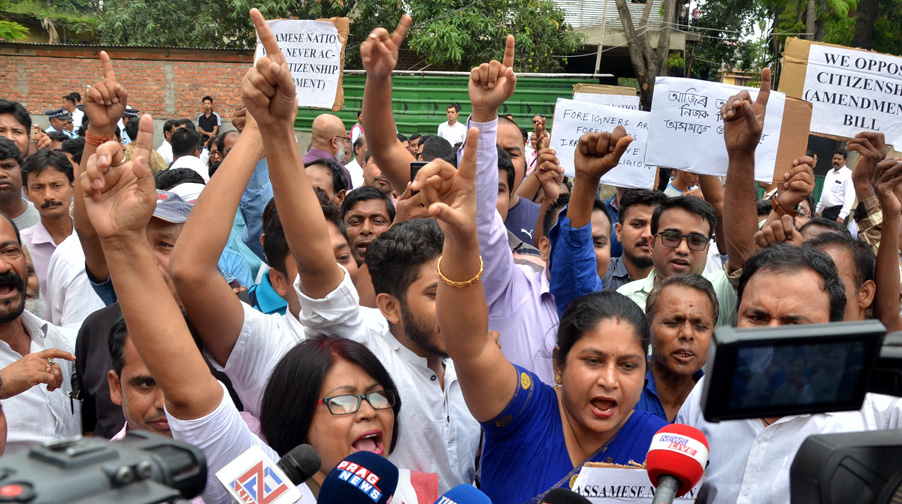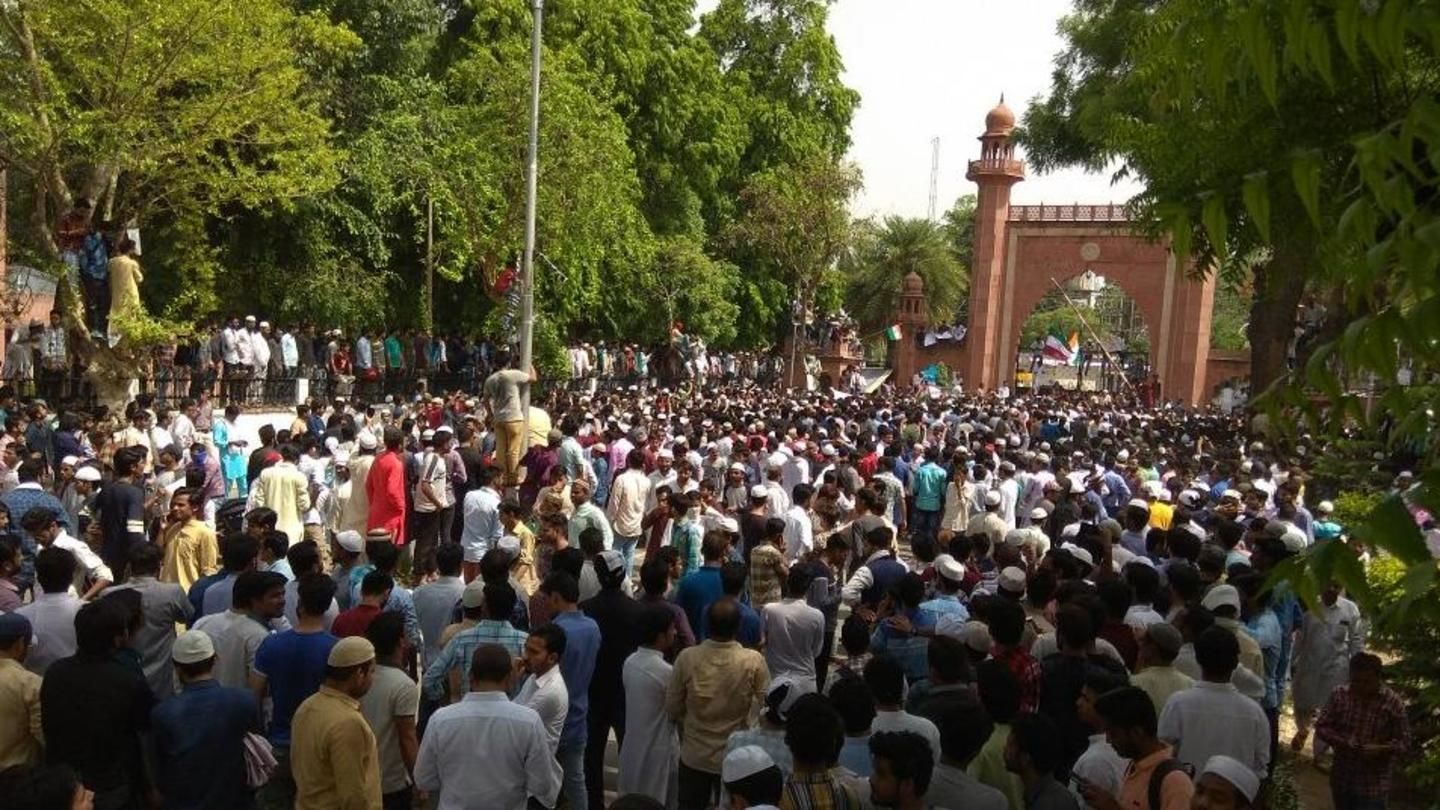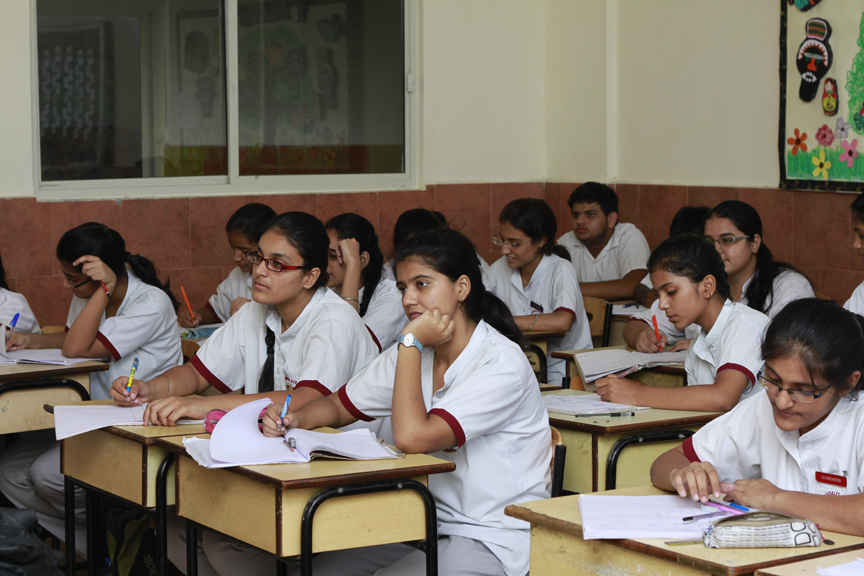Confusion over the Lokpal Bill has provided ammunition to those who want to sabotage it
Prem Shankar Jha
New Delhi
CIVIL SOCIETY has won a profoundly important battle against corruption. But it could still lose the war. The activists who spearheaded the victory do not have a clear idea of what they are fighting for. They run the risk of missing the target altogether.
The more radical among them believe that all they need to do is to endow the Lokpal with the power not only to initiate inquiries and pursue them through its own police, but also launch prosecutions and pass sentence on the guilty. They are also not content with expanding the jurisdiction to cover the bureaucracy, and want it to have the power to investigate and, if necessary, indict the prime minister and the judges of the Supreme Court.
This is a bridge too far. No one who has the well-being of the country at heart will dispute that the Lokpal must have the power to initiate investigations on its own. It should also have its own investigative wing, which will work under its supervision. However, once it has completed its investigations, it must hand over the actual prosecution to the executive, i.e., to the CBI or a similar organisation, and leave the trial and sentencing to the judiciary.
The civil society activists don’t have a clear idea of what they are fighting for
As for endowing the Lokpal with the power to investigate the prime minister and the judges of high courts and the Supreme Court, this demand is not only absurd but dangerous, for it will endow it with the power to bring the government to a halt by asking a prime minister or a Chief Justice to step down while it investigates charges of corruption against them. Three out of four Indians are too young to remember the Allahabad High Court judgment against Indira Gandhi in 1975. But it was precisely this requirement, implicit in the judgment, that triggered the Emergency.

Photo: Vijay Pandey
Misrepresenting the struggle as being against the UPA government is jeopardising the chances of creating an effective Lokpal in other ways as well. The BJP, which did this all through winter in the hope of earning political miles from it, is now afraid that the Congress will take all the credit for the passage of the Lokpal Bill and is looking for holes to pick to justify walking away from it in Parliament.
Lastly, elements of the media have also added to the confusion by misrepresenting remarks by some Congress leaders that were intended to highlight the BJP’s covert involvement in what was supposedly a people’s revolt as an attempt to demolish the Jan Lokpal Bill by tarnishing the credentials of Anna Hazare and his colleagues.
Much of this is a product of the natural cut and thrust of democracy and falls within former British Prime Minister Benjamin Disraeli’s famous dictum that “It is the function of the Opposition to oppose.” But the confusion it is creating is giving the true opponents of the Bill — the crony capitalists and party satraps who benefit from the present system — the cover they seek to sabotage the Bill.
The truth is that the battle being fought today is only the opening engagement of a war to save the soul of Indian democracy and restore its legitimacy in the eyes of the people. This will not be won by a single institution, however great the powers we bestow upon it. To understand this we need look no further than China, which prosecutes a hundred thousand or more of its own party cadres every year, imprisons thousands of them and executes a few, but still faces rising levels of corruption and public discontent.
Corruption and extortion have become a part of the muscle and bone of our political system. They can only be eliminated by filling the lacunae in our laws that have allowed them to take such deep root. The two critically important ones are the lack of any legal and publicly accountable source of election finance, and the near-immunity from prosecution enjoyed by civil servants, high and low, under Article 311 of the Constitution. These cannot be filled without fresh legislation. And no new law will be passed if politicians do not recognise that they face a common threat, and work together to avert it.
Prem Shankar Jha is a senior journalist
premjha@airtelmail.in




